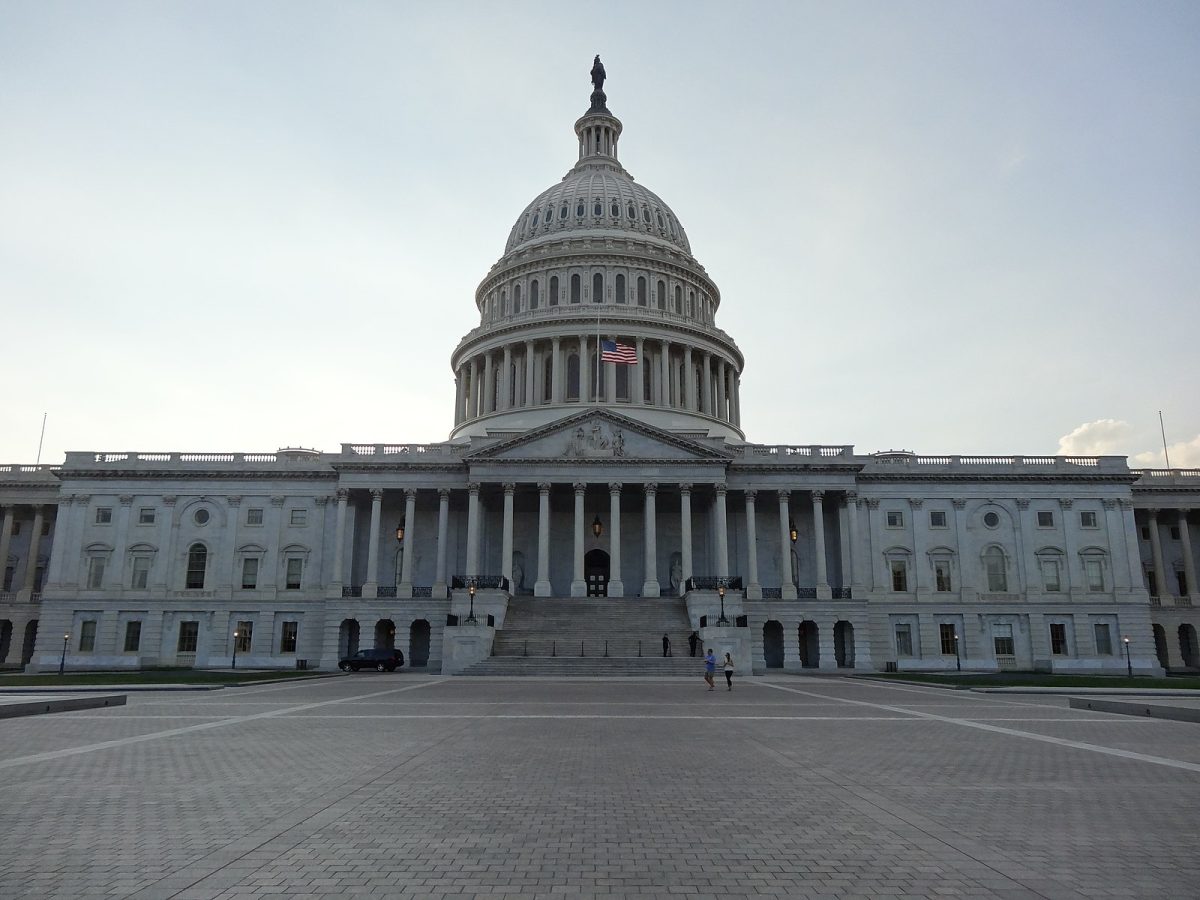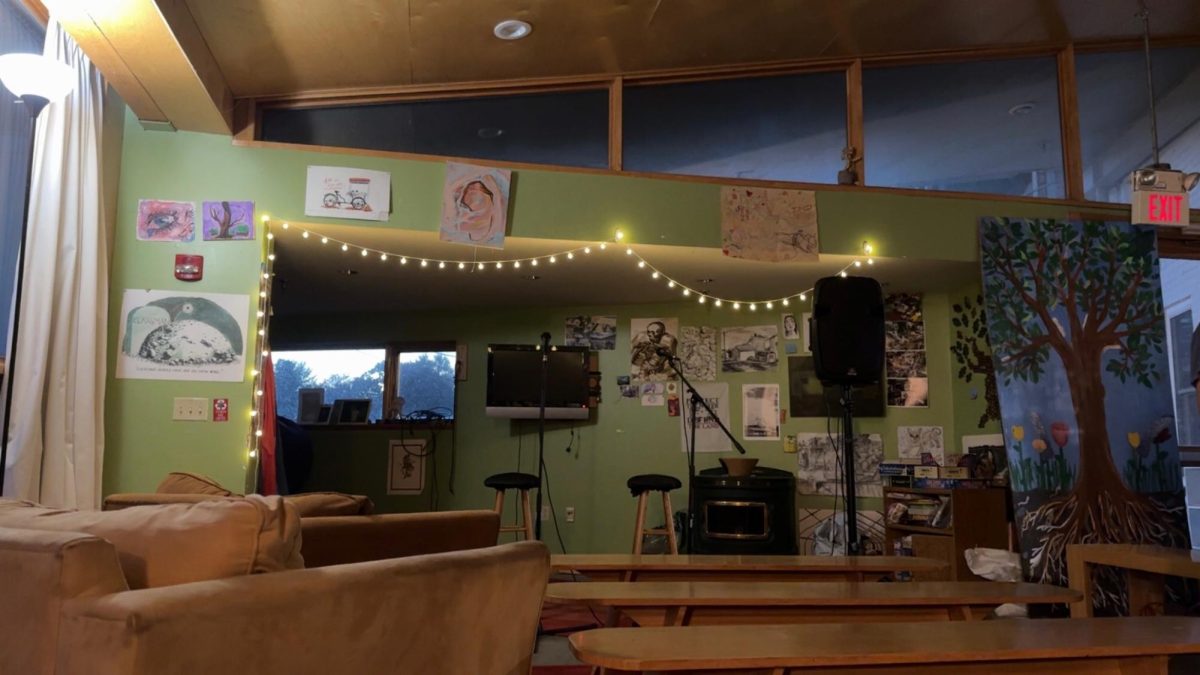On a campus with a prominent focus on sustainability, students, faculty and administration come together to find ways to reduce Dickinson’s carbon emissions.
The Climate Task Force, an organization made up of students and faculty, met on Wednesday, April 3, to discuss its goal of ultimately reducing Dickinson’s carbon footprint by 25 percent.
During the meeting, the group discussed finding out how much energy each building on campus, particularly residence halls, each used. Ken Shultes, director of facilities management, proposed sending out a mass text message to the students periodically to tell them which residence hall was using the most energy, in the hopes of making students aware of their energy use and adopt more energy-efficient behavior.
Professor of Political Science Jim Hoefler said that reducing the number of vending machines on campus would be one way to decrease energy use, even though it would be a small change.
“It costs one million [dollars] for a ten percent reduction of carbon concentrate on refrigeration and cooling,” said Shultes. He added that if the group could somehow get the money together, it would be worth it.
The group discussed other ideas for reducing energy consumption, such as cancelling fall pause and instead closing for a week at Thanksgiving, when the campus would be using more heat.
However, the group conceded that these changes would be hard to implement without the support of administration. Other ideas about wind power and skylights were also brought up during the meeting.
Neil Leary, director of the Center for Sustainability Education, said he would like a new position to be created like the energy manager recently created by Oberlin College. He plans on discussing this idea with incoming president Nancy Roseman at a later date.
Near the end of the meeting, Tyce Herrman, sustainability projects coordinator for the Center for Sustainability Education, discussed ideas from the Transportation Committee for making transportation to and from the college more energy efficient. He proposed encouraging faculty to walk or bike by installing “all-weather commuter bike storages and showering facilities.” Carpooling could be made easier by using a website to match Dickinson employees with other employees living near them. Prizes could be awarded for different ways to commute.
Air travel for the students studying abroad uses a lot of energy, so the committee suggested making direct flights and “booking flights through emission calculators” to ensure using the least energy possible.
The meeting adjourned with members ready to work toward meeting their goal of reducing Dickinson’s carbon footprint.





